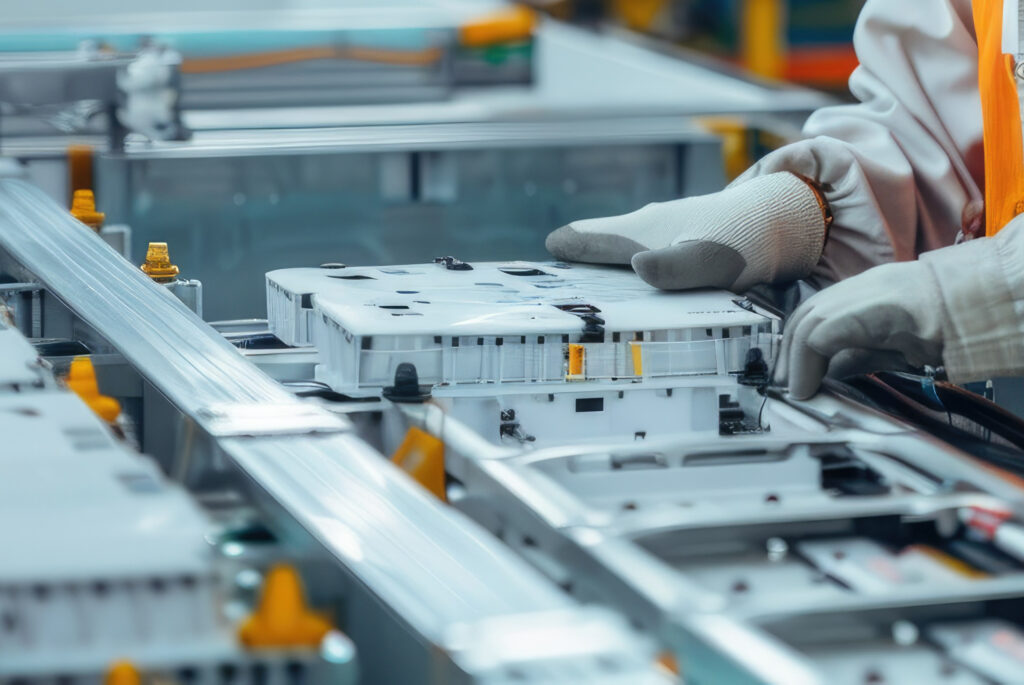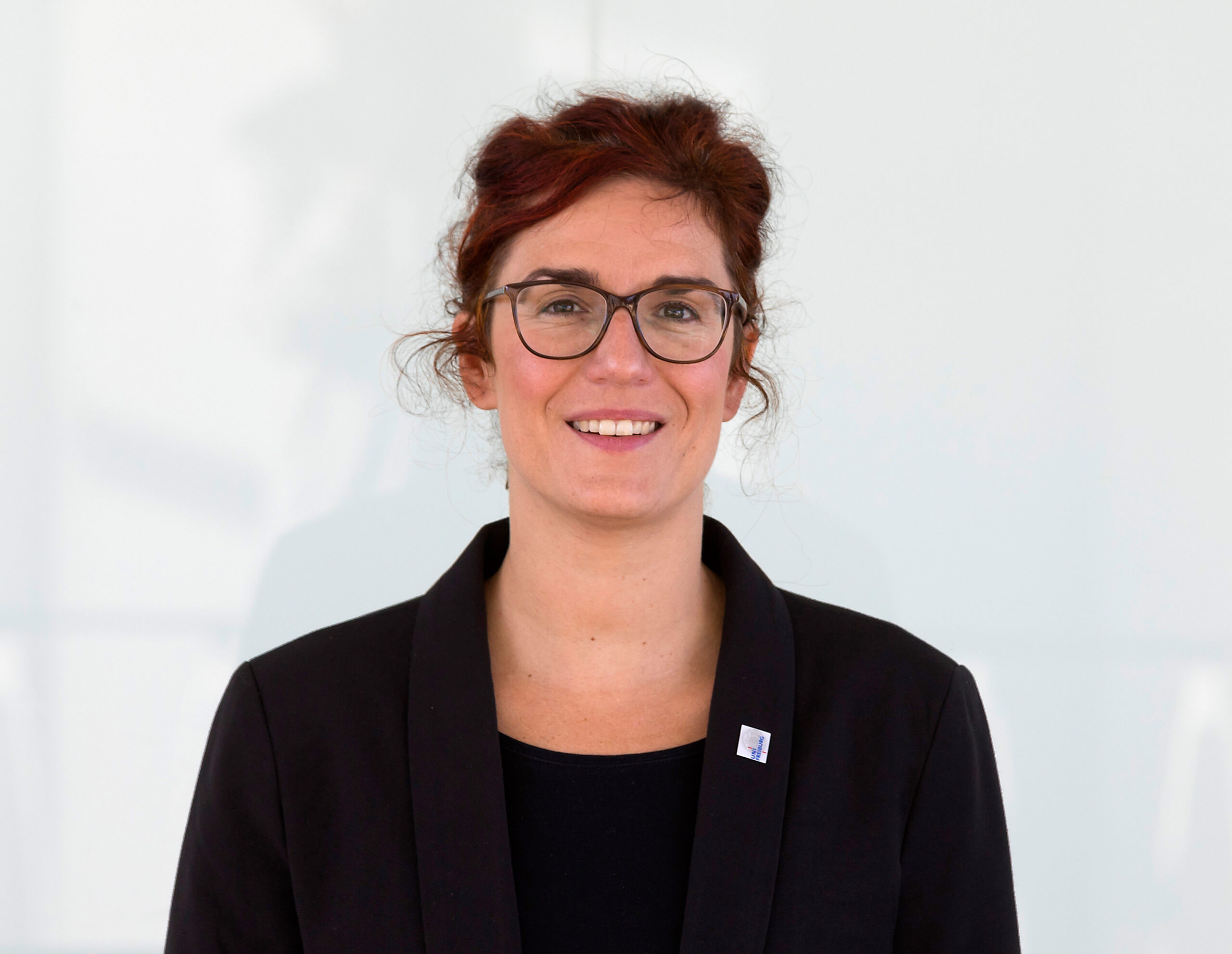New Research Project to Develop Environmentally Friendly Sodium-Ion Batteries
Freiburg, 25.10.2024
Sodium is inexpensive and easy to recycle, so the sodium-ion technology is regarded as holding great promise für energy storage. However, it is not yet ready for use on an industrial scale. The ENTISE project aims to change that. Two teams from the University of Freiburg’s Freiburg Materials Research Center (FMF) are collaborating on the project.

A large-scale research project including researchers from the University of Freiburg will be working for the next three years to develop environmentally friendly and inexpensive sodium-ion batteries that can also be used for energy storage on an industrial scale. Two teams from the University of Freiburg’s Freiburg Materials Research Center (FMF) are collaborating on the project, named ENTISE (‘Entwicklung der Natrium-Ionen-Technologie für industriell skalierbare Energiespeicher’ – German for ‘Development of the Sodium-Ion Technology for Industrially Scalable Energy Storage’). The teams are led by Prof. Dr. Ingo Krossing, professor of molecular and coordination chemistry, and Prof. Dr. Anna Fischer, professor of inorganic functional materials and nanomaterials at the University of Freiburg.
Both research groups are collaborating on the battery materials lab at the FMF. Altogether, the project consists of a consortium of 15 research groups at 13 companies and universities and is receiving around 7.5 million euros in funding from the Federal Ministry of Education and Research (BMBF). The development of sodium-ion batteries holds great promise, because sodium is not only inexpensive and available in large quantities but also safe and easy to recycle. The basic technology already exists – the current challenge consists in transferring this technology into industrially usable and scalable cell formats. The research group headed by Prof. Dr. Anna Fischer is working on developing porous materials for electrochemical energy conversion and storage. ‘In this project, we’re developing tailor-made, understanding-optimized carbon anode materials for sodium-ion batteries with a high energy density’, says Fischer. The synthesis and study of electrolyte salts and additives as well as ionic liquids (ILs) is the focus of Prof. Dr. Ingo Krossing’s research group. ‘Our work in the project aims at developing sodium-ion batteries with sustainable electrolytes and the capacity for rapid charging and discharging’, says Krossing.

‘In this project, we’re developing tailor-made, understanding-optimized carbon anode materials for sodium-ion batteries with a high energy density’.
Prof. Dr. Anna Fischer
Professor of inorganic functional materials and nanomaterials at the University of Freiburg
The ENTISE Project
The ENTISE project (‘Entwicklung der Natrium-Ionen-Technologie für industriell skalierbare Energiespeicher’ – German for ‘Development of the Sodium-Ion Technology for Industrially Scalable Energy Storage’) is receiving around 7.5 million euros in funding until May 2027 from the Federal Ministry of Education and Research within the context of the ‘Battery 2020 Transfer’ project. The battery manufacturer Varta AG is coordinating the project. Further project partners besides the Freiburg Materials Research Center include the Karlsruhe Institute of Technology / Helmholtz Institute Ulm, Humboldt University of Berlin, Zentrum für Sonnenenergie- und Wasserstoff-Forschung Baden-Württemberg, University of Giessen, Forschungszentrum Jülich, EurA AG, E-Lyte Innovations GmbH, IBU-tec advanced materials AG, and an undisclosed cell manufacturer.